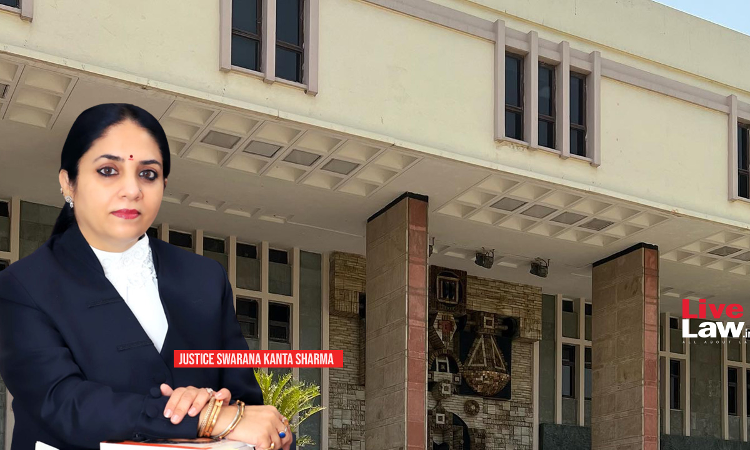Observing that appreciation of evidence is crucial to do justice, the Delhi High Court has said that a casually written judgment and casually appreciated evidence is a casualty to justice.Justice Swarana Kanta Sharma said that a judgment is the nectar explaining every aspect of the facts and circumstances in each case and as such, is a reason for reaching to a decision.The court made...

